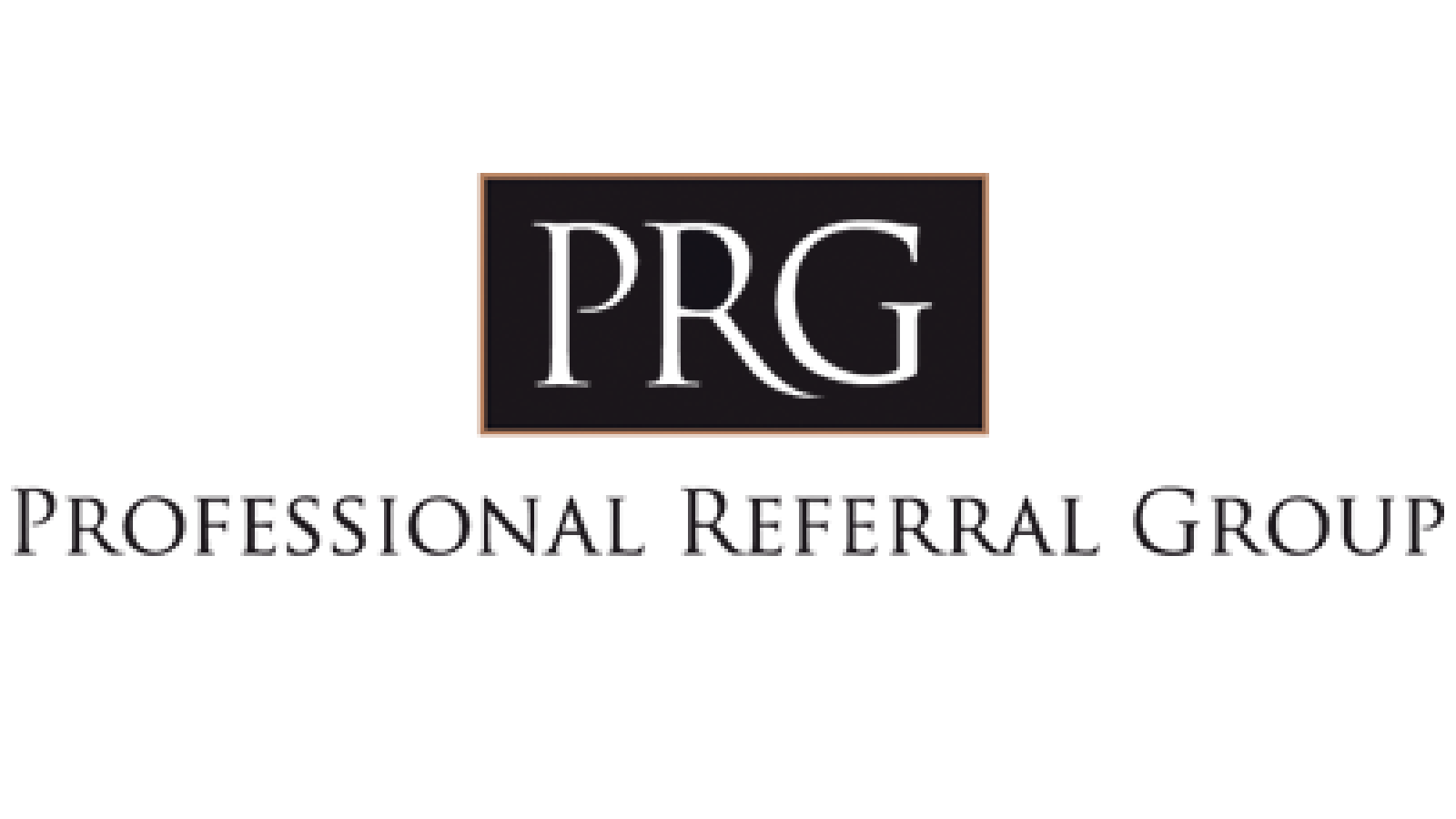When a big global event or crisis disrupts the market it’s natural to worry about your money in addition to everything else. As a Branch Manager at Meridian Credit Union in Ancaster, I wanted to share some of my financial expertise about dealing with uncertainty in the market. Here are a 8 tips to help make payments, debt, budgeting, and financial planning a little easier to manage so you can focus the health and happiness of yourself and your loved ones.
1. Ask to skip a mortgage payment
If you have a mortgage, talk to your local branch or advisor about our skip a payment option. Most institutions, like Meridian, allow you to skip 1 payment in a 12-month cycle. This will mean you can take the value of your regularly scheduled payment and add it in to your cash flow for the month.
So if you have monthly payments you can skip one payment, and if you pay biweekly you can skip two payments. You will have to make up the payment eventually, and there may be some conditions. Talk to your branch or advisor for details.
2. Check on your minimum mortgage payment
You may be paying a higher monthly amount than the minimum required on your mortgage. Talk to your local branch or advisor to find out what your minimum payment is. If you’re currently paying more, ask them to scale it back to the minimum to help increase your cash flow. Once things settle down you can go back to paying the original amount.
3. Check on your minimum line of credit payment
Usually the minimum payment on any line of credit (like home equity or an unsecured line of credit) is interest-only. Talk to your local branch or advisor to find out if you’re paying more than you strictly need to. If you are, you can scale back and make interest-only payments to help increase your cash flow until things settle down.
4. Consolidate debt
This is the perfect time to consolidate debt if you’re carrying balances on multiple credit cards, loans, or lines of credit. You can consolidate all your debt into one lower-interest loan or line of credit. That way, you only have to manage one payment, instead of dealing with multiple payments and higher interest rates.
If you own a home you can also look into refinancing or re-amortizing. Get in touch with your local branch or advisor to talk about your options.
5. Budget
Smart savers have keep track of their budgets whether things are good or bad. If changing markets have had a big, unexpected impact on your budget, it’s time to re-evaluate. Take a look at how your spending and saving is being affected and make adjustments so that you can ride out this period of uncertainty. Then, when things calm down, remember to take the time to examine your budget again to adjust as necessary.
6. Keep an eye on your debt
Don’t give up on managing your debt because the market is down. Keep paying off debt and avoid building more to make sure that your credit score hasn’t gone down when markets pick back up. This helps make sure that you’re in good shape for future credit applications. Check out tip #5, on budgeting, to help you stay on track.
7. Consolidate loan payments
Loan consolidations help you get ahead by reducing your interest rate dramatically. This type of loan puts you on a plan to repay principal and interest so you have an end game, and will help create a one-payment approach to your debts.
8. Don’t cash out your RRSP
You likely have big future plans for your RRSP – so don’t use it for cash flow. It’s not a good strategy for financial planning, but more than that, it will actually cost your money in taxes. Not only will you incur withholding taxes at the time of withdrawal, but this amount is then added as income on your income taxes, which might negatively affect your return.
For example, let’s say you need $5,000.
If you withdraw $5,000 from your RRSP, you will pay a withholding tax of 10%. This means you’ll pay $500 in taxes and then have to declare the withdrawal as income. However, if you make a plan to borrow $5,000 and pay it back within a year, you could save that money. Today, if you borrow from a Home Equity Line of Credit (HELOC) at 3.95% (rates differ between institutions), and you pay it down within a year ($425.64/month principal and interest) you would only pay $107.68 in interest for the year. That is savings of $392.32. So with the right plan, borrowing is a much better alternative to withdrawing from your RRSP.
Get in touch
If you have questions about managing your finances, get in touch with Meridian. We’re always happy to help.
 Back to myNiagaraOnline
Back to myNiagaraOnline
































